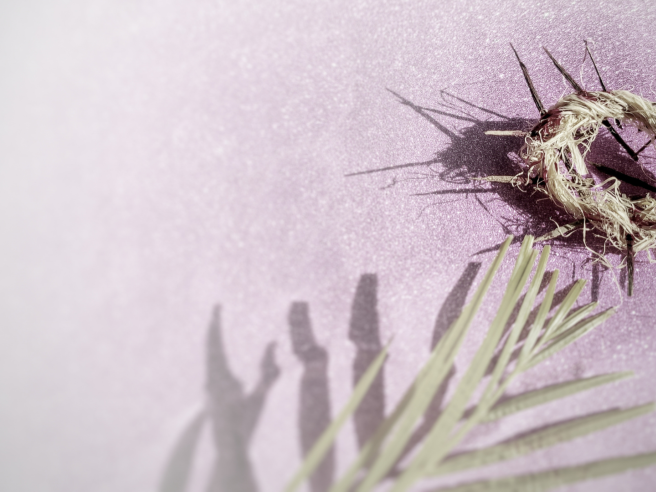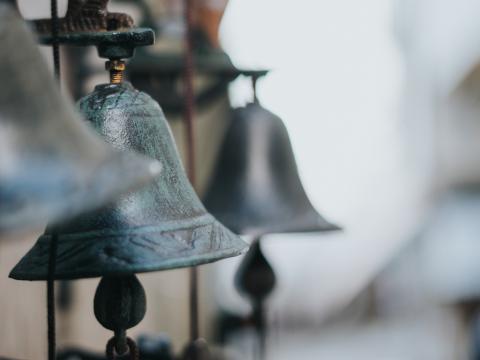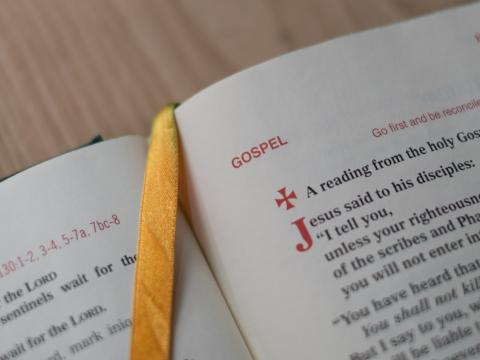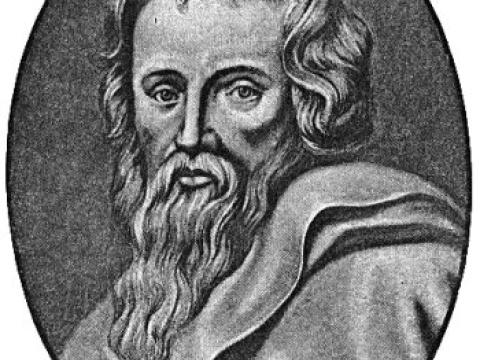Suffering and Hope
The most common challenge to Christian faith is the presence of pain, evil, and suffering in the world. We ask, if there is a God, why are these things allowed? Some suffering is the result of our own folly but there is also the suffering that seems to be woven into the fabric of life in ways we cannot predict or control.
Read more










